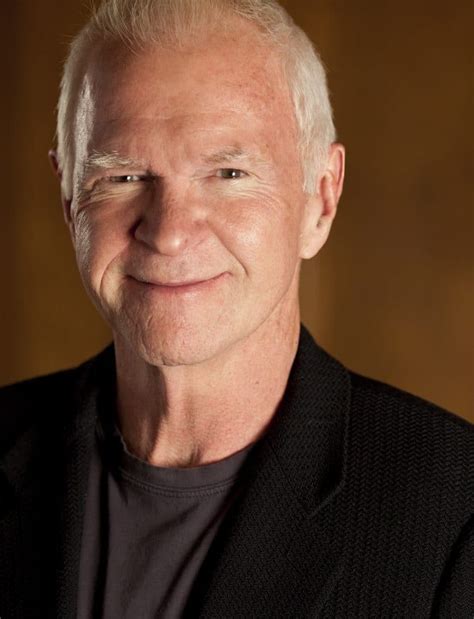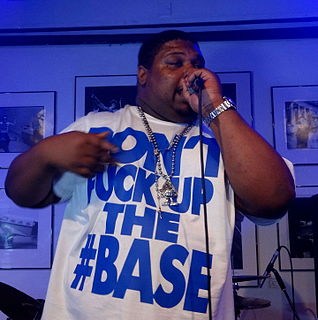A Quote by James Fox
Sensitivity is equated with weakness. Feelings are for women. It's OK to express happiness or anger, but it's not OK to feel fear or sadness. This gets exaggerated in prison.
Related Quotes
I think that the thing that holds so many of us back is our fear that we might fail, and I think we lose an incredible amount of talent and energy and enthusiasm that way. So I think, since I'm kind of a shining example of losing, that it's important for me to show that it's OK to lose, that I'm still so happy that I entered the fight, that I fought for something that mattered to me and that I gave voice to it and I made it part of the conversation. I want young women to know that it is OK to fail - it's not OK to stay home. It's not OK to not try.




































